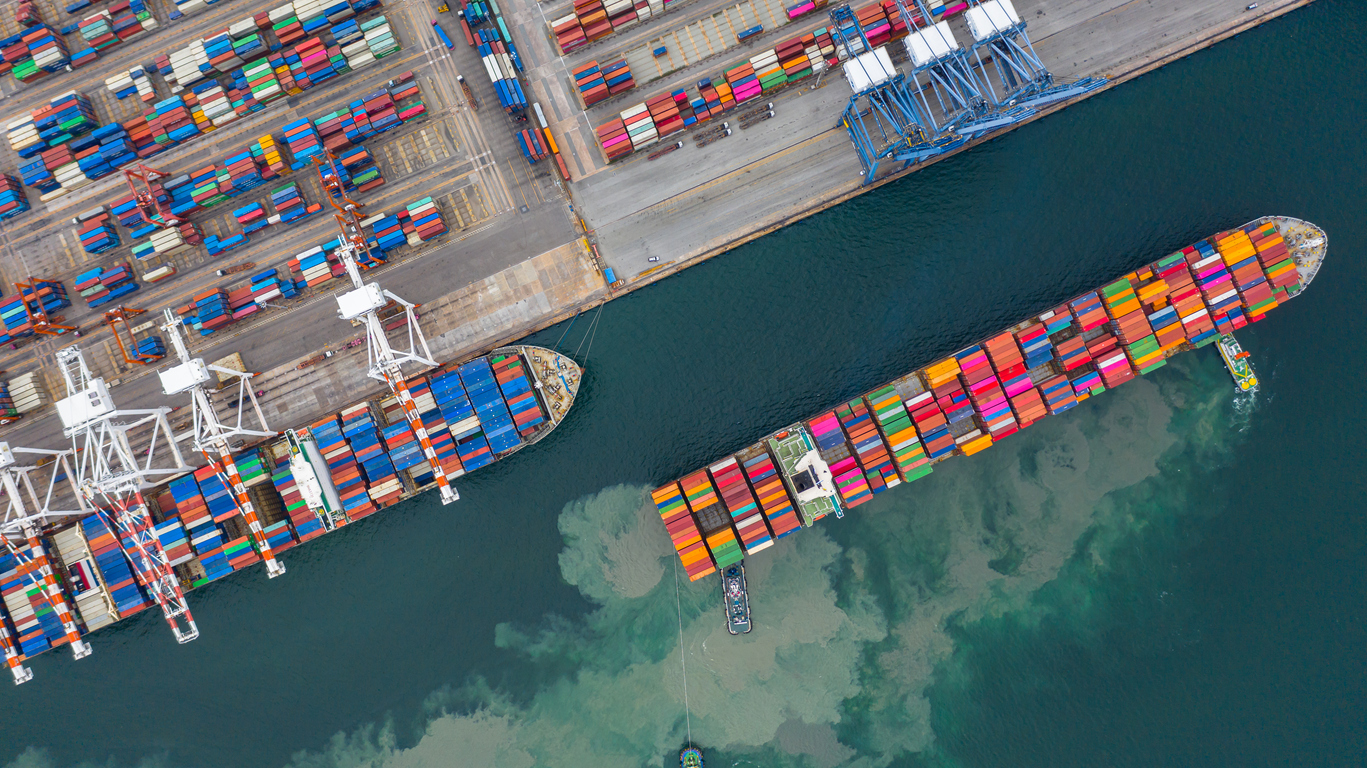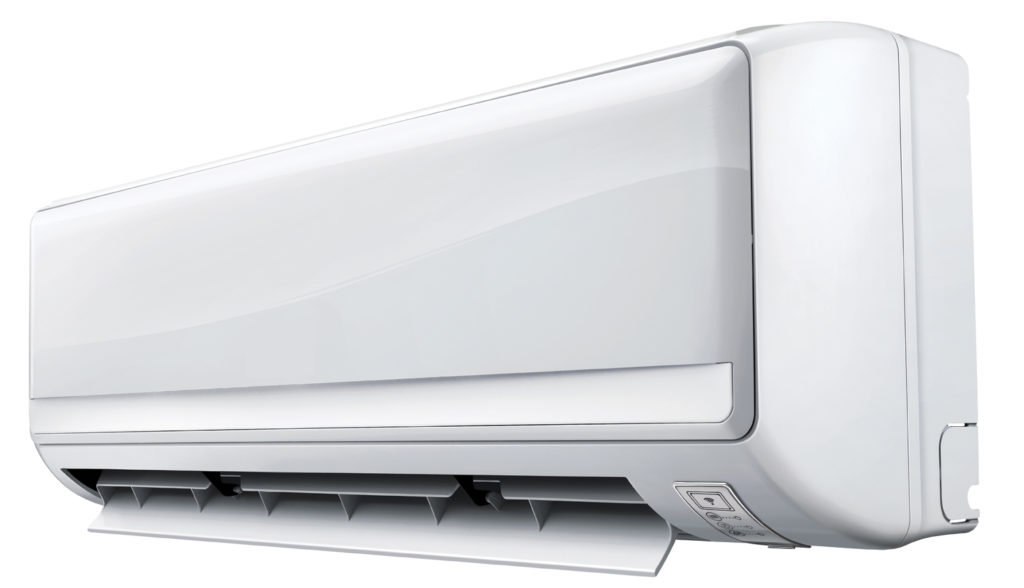Navigating Customs Regulations When Shipping from Germany to Senegal with Wigmore Trading
Navigating Customs Regulations When Shipping from Germany to Senegal with Wigmore Trading
International shipping can be a daunting task, especially when it comes to navigating customs regulations. But fear not! With the help of Wigmore Trading, sending goods from Germany to Senegal has never been easier. From understanding the paperwork to ensuring compliance with all necessary regulations, we’ve got you covered every step of the way. So sit back and relax while we guide you through this complex process – your shipment is in good hands with Wigmore Trading!
Introduction to Wigmore Trading
When shipping from Germany to Senegal, it is important to be aware of the customs regulations in both countries. In Germany, the sender must fill out a customs declaration form and include it with the shipment. In Senegal, the recipient must pay import duties and taxes on the shipment. Wigmore Trading can help you navigate these regulations and ensure that your shipment arrives safely and on time.
Overview of Shipping Regulations from Germany to Senegal
When shipping from Germany to Senegal, it is important to be aware of the customs regulations of both countries in order to ensure a smooth and hassle-free process. In Germany, all export shipments must be declared to the German Federal Customs Administration (Bundeszollamt). The required documentation includes a commercial invoice, packing list, and bill of lading. For Senegal, an import license is required for all shipments valued over €1,000. The import license must be obtained from the Senegalese Directorate General of Customs prior to shipment. Other required documentation includes a commercial invoice, packing list, and bill of lading.
Documentation Requirements for Imported Goods in Senegal
When importing goods into Senegal, documentation requirements vary depending on the type of goods being imported. For example, certain food products may require a certificate of origin or a sanitary and phytosanitary certificate, while other products may require an import license.
It is important to be aware of all required documentation before shipping goods to Senegal, as failure to provide the proper documentation can result in delays or even denial of entry for your shipment. Wigmore Trading can assist you in ensuring that your shipment has the proper documentation for customs clearance in Senegal.
Import Tariffs and Fees in Senegal
The cost of importing goods into Senegal can be significant, and there are a number of tariffs and fees that must be paid in order to clear customs. The most important thing to remember when shipping to Senegal is that all shipments must be declared to customs, and accurate paperwork must be presented in order to avoid delays or problems with clearance.
Senegal has a number of import tariffs that apply to different types of goods, and the rates can vary depending on the country of origin. In general, however, the import duty rate for most products is 5%, with some exceptions such as books (2%), pharmaceuticals (0%), and agricultural products (10%). There are also a number of other taxes and fees that may apply to imports, including a value-added tax (VAT) of 18% and an excise tax on certain luxury items such as alcohol and cigarettes.
It is important to note that Senegal is a member of the West African Economic and Monetary Union (WAEMU), which means that there are preferential trade agreements in place with other WAEMU countries. As such, goods imported from WAEMU countries may be subject to reduced tariffs or even exemptions from some taxes. For example, under the WAEMU Trade Liberalization Scheme (WATLAS), Senegalese importers can benefit from reduced duties on certain products if they meet certain conditions.
In order to clear customs in Senegal, businesses will need to obtain a Senegalese Tax Identification
Labelling and Packaging Requirements in Senegal
When shipping products from Germany to Senegal, it is important to be aware of the labelling and packaging requirements of the Senegalese government. These requirements are in place to protect consumers and ensure that they are able to make informed choices about the products they purchase.
Products must be labelled in French and include the following information:
– The name and address of the manufacturer or importer
– A description of the product
– The net quantity of the contents
– The country of origin
– Any instructions for use or storage
Products must also be packaged in a way that protects them from damage during transport and ensures that they remain safe for consumption. For example, food products must be packed in airtight containers. All packaging must be clearly labelled with the above information.
Customs Clearance Procedures in Senegal
Assuming your goods arrive in Senegal by sea, you will need to engage the services of a customs broker to clear your shipment through customs. The customs broker will prepare and submit the necessary paperwork to Senegalese Customs on your behalf.
The documents required for customs clearance in Senegal include a commercial invoice, packing list, bill of lading, and certificate of origin. In addition, you will need to provide Senegalese Customs with information about the contents of your shipment, including the HS code for each item.
Once your shipment has been cleared through customs, it will be released for delivery to your consignee. Please note that you may be required to pay import duties and taxes on your shipment, which will be collected by Senegalese Customs.
Cargo Insurance Options for Shippers to Senegal
When shipping cargo from Germany to Senegal, shippers have a few different insurance options to choose from in order to protect their goods during transit.
One option is to purchase All Risk Cargo Insurance, which covers all perils except those specifically excluded in the policy. This type of policy is ideal for shippers whose goods are subject to a variety of risks during transit.
Another option is to purchase specific coverage for the most common risks faced by shipments traveling from Germany to Senegal. These risks might include damage or loss due to fire, weather, piracy, or theft. By buying this type of policy, shippers can save money on premiums while still protecting their cargo from the most likely risks.
Shippers can self-insure by setting aside money in a reserve fund to cover any potential losses. This option is only recommended for experienced traders with a good understanding of the risks involved in shipping cargo from Germany to Senegal.
Conclusion
Wigmore Trading is here to help you navigate the customs regulations when shipping from Germany to Senegal. Our experienced team can ensure that your shipment is compliant with all necessary regulations, and our customer support system is always available if you have any questions or concerns. With us, you can be confident that your shipment will reach its destination quickly and safely. Contact us today for more information on how we can make shipping from Germany to Senegal stress-free!








LEAVE A COMMENT
You must be logged in to post a comment.